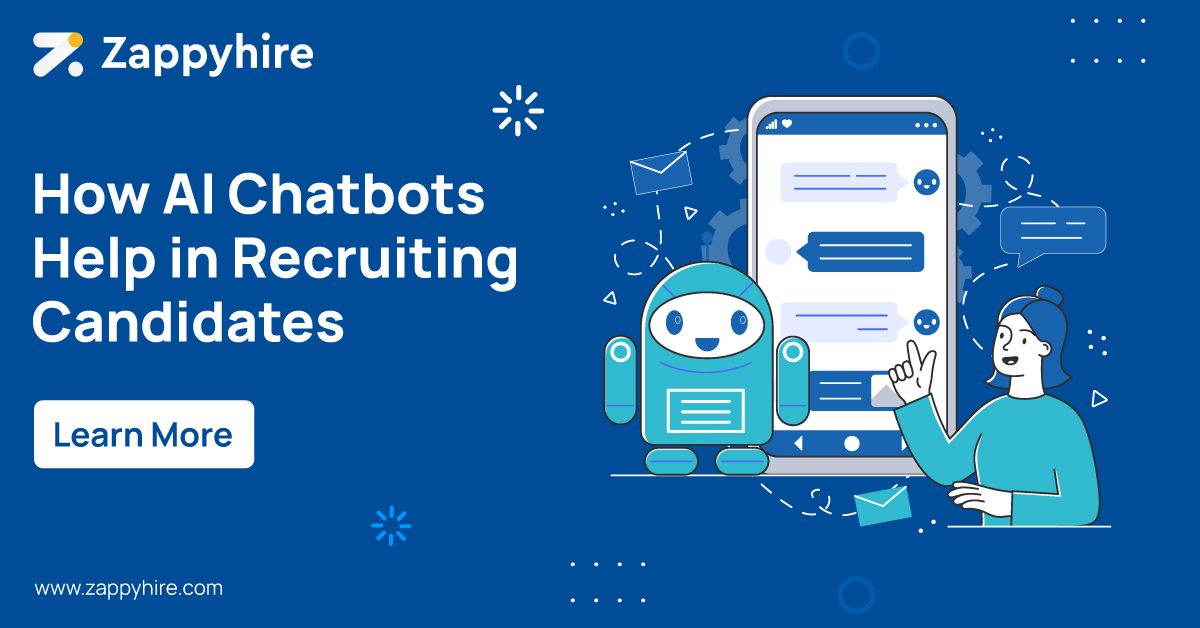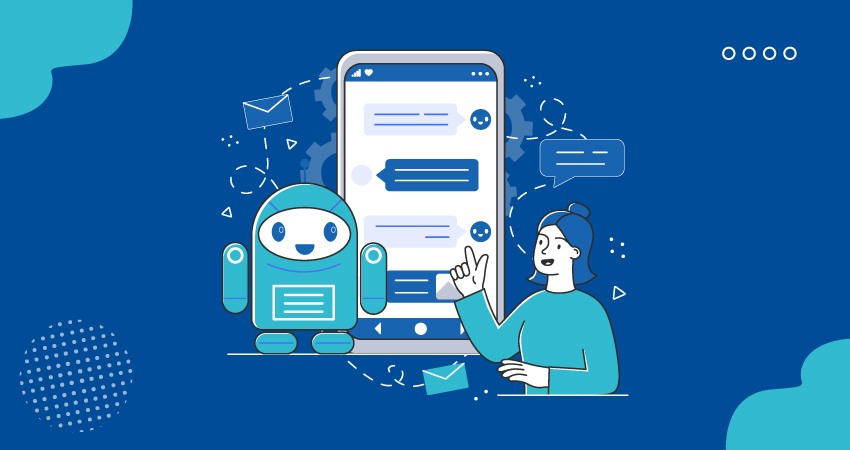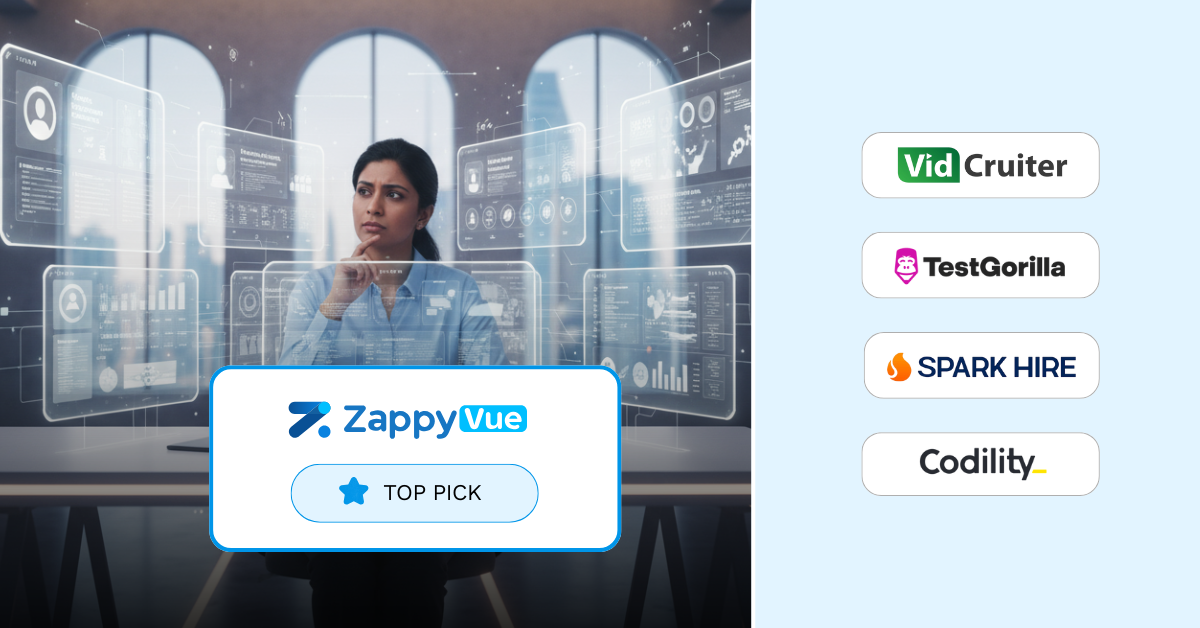
Did you know that as per a survey from CutShort, the vast majority of potential job seekers drop out from the interview process due to poor candidate experience? As a recruiter, you have probably already run into this issue. The loss of top-tier talent due to poor candidate experience is incredibly frustrating.
So what can you do? Have your undivided attention on the entire recruiting process? Ensuring that every candidate is properly monitored? Sure, this is doable, albeit tiresome, assuming of course that you are dealing with 2 – 3 jobs with less than 10 candidates, that is. But what if you are dealing with 5 or 10+ jobs with a talent pool of 1000+ candidates in each job? All of a sudden, this task goes from doable to outright impossible.
But is there a way to manage the entire talent pool without sacrificing candidate experience? Well, you already read the title, so let’s find out!
The NLP Revolution
Natural Language Processing (NLP) is a field of artificial intelligence that focuses on enabling computers to understand, interpret, and generate human language. NLP technologies allow computers to analyze, understand, and generate human language in a way that is similar to how humans process language. This includes understanding the meaning of words and sentences, recognizing language patterns, and determining the relationships between words in a sentence. NLP has a wide range of applications, including machine translation, information retrieval, text classification, and sentiment analysis.
The revolution didn’t happen overnight. It was a slow process that spanned decades of research and development in linguistics, computer science, and AI. Many seminal research papers that laid the groundwork for modern-day NLP only came into practical (and commercial) fruition these past two decades.
It’s quite fascinating to see NLP evolve from its strict academic roots back in the mid 1950s to affecting every facet of human existence now. In large part due to the advent of the internet where textual data still represents a large portion of the world wide web, and of course, computers getting exponentially faster with each generation (although not anymore it seems).
The revolution helped us achieve a lot of the things that we take for granted today. Most of which would have been seen as science fiction a decade or so back. Spam detection, machine translation, search engines, voice assistants, and of course, chatbots are some of the applications of NLP we use today.
Chatbots aren’t new, but they’ve gotten exponentially better these past few years

Modern-day chatbots have been a part of our daily lives for a good number of years now, and you might believe that they are a relatively new invention. On the contrary, they’ve existed for a long time, all the way back to the 1960s, under the radar of the general public up until recently.
Early iterations of chatbots were limited in both their scope and purpose. As discussed earlier, the NLP revolution didn’t happen overnight. It took decades. However in 2017, the research paper “Attention is all you need” was published which really changed the game in NLP. The paper introduced Transformers architecture which really helped to supercharge many NLP applications including chatbots.
Many of the recent developments that you may have heard about in NLP like BERT, GPT- 3, ChatGPT, etc all leverage Transformers to some extent.
Cool. But how does this pertain to recruiting?
Most chatbots can be trained on domain-specific tasks. Recruitment is one such domain. There are currently chatbots available for job application processing, interview scheduling, etc.
Let’s take a look at some of them and see how they can help improve the overall candidate experience.
Chatbots for Job Application processing
Let’s say, on a typical Friday afternoon, you publish a job on your company’s career page. You log off for the week and come Monday morning; your inbox is filled with emails and resumes for the application. Your social media inbox is filled with asking for a referral or common questions about the position.
Sorting through a large volume of job applications and inquiries can be a headache, not to mention it can also lead to a poor candidate experience. The candidate would have to wait for several days to get confirmation and or wait till you answer them back regarding their query.
The chatbot allows you to ease away this problem. Job application chatbot can pre-screen candidates and see if they fit the job eligibility criteria, take in their basic details and even help them to resolve their common queries or to direct them to places where they can get them resolved.
This helps you, the recruiter, by keeping everything organized on your end and the candidate gets immediate feedback which helps improve their experience.
Chatbots for Data Collection
Let’s take our hypothetical example of managing 1000+ candidates across several jobs. Let’s say that you would like to get the notice period of all the applied candidates so you could sort them. There may be several hundreds of candidates who didn’t provide you with this information.
You could now either call up each candidate or email them to send you the relevant details which you could then update manually or you could send out a chatbot to those specific candidates to collect their information.
Chatbots can be trained to ask, process, and update specific information. The experience would feel very seamless to the candidate and you could get all of the updated information which could otherwise have taken several days or weeks.
Chatbots for Interview Scheduling
Let’s suppose that you are managing several interviews across multiple jobs, candidates, and interview panelists. Asking each of them for their availability can be a hassle.
You could have a chatbot that can ask those candidates, and panelists for their available time and determine the best time to schedule the interview automatically.
From both the candidate’s and panelists’ perspectives, you are streamlining the whole process where neither party feels like their time was wasted and you don’t have to stress about scheduling multiple interviews and can prioritize other tasks.
Conclusion
Good candidate experience should be at the forefront to make sure you attract great talent to your organization. Previously, what seemed to be a difficult, almost impossible thing to achieve is now possible.
With the rapid pace of development in NLP, you can see that a lot of tedious tasks that you, the recruiter, would have once done, could be solved with chatbots. The field is rapidly evolving; and with more exciting things on the horizon, it feels like we’re just getting started!
Recommended Articles
Attracting Top Talent: The Role of Recruitment Marketing





